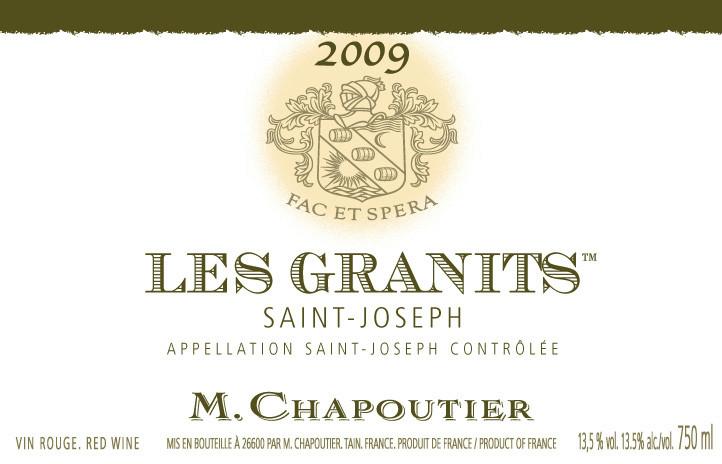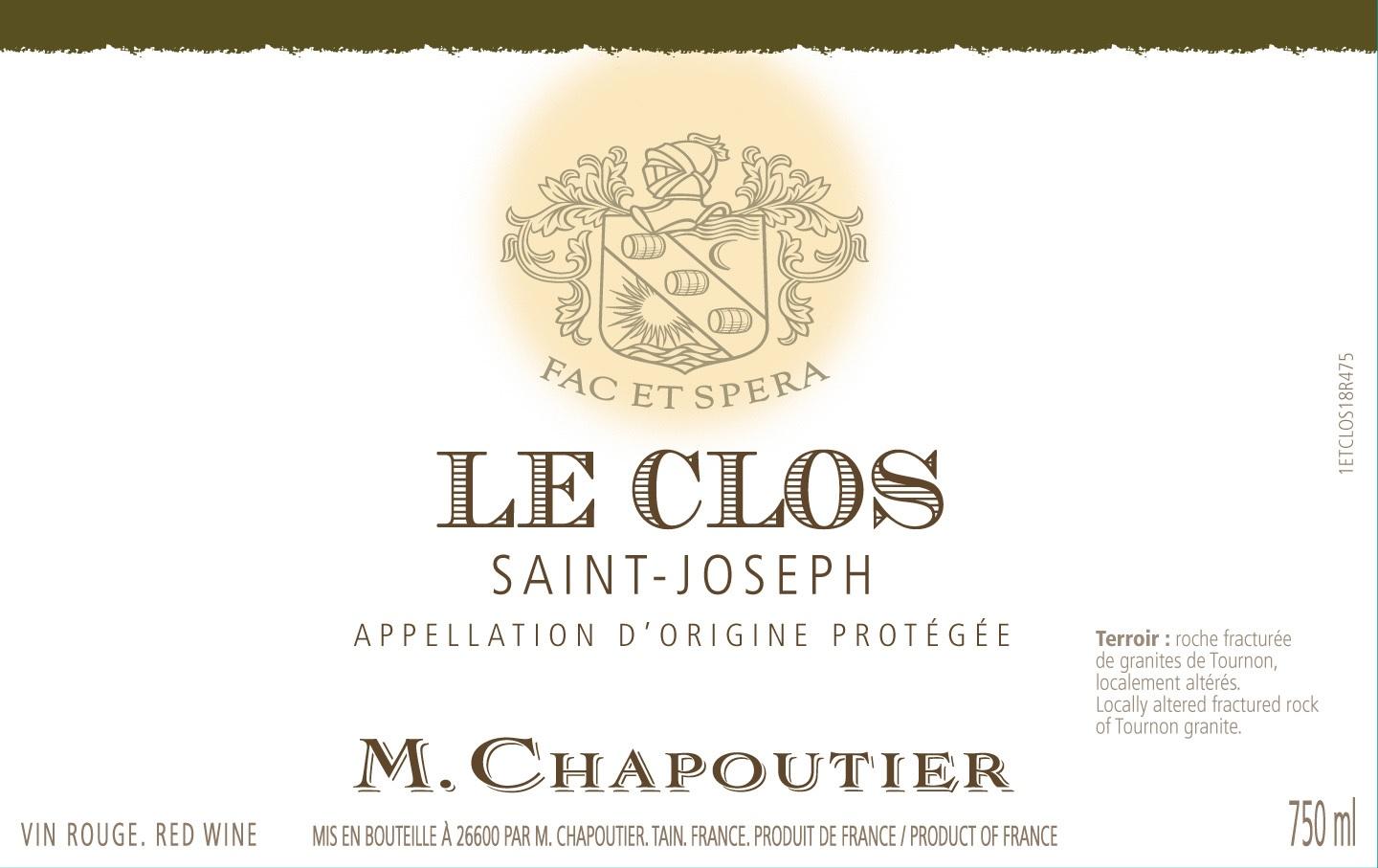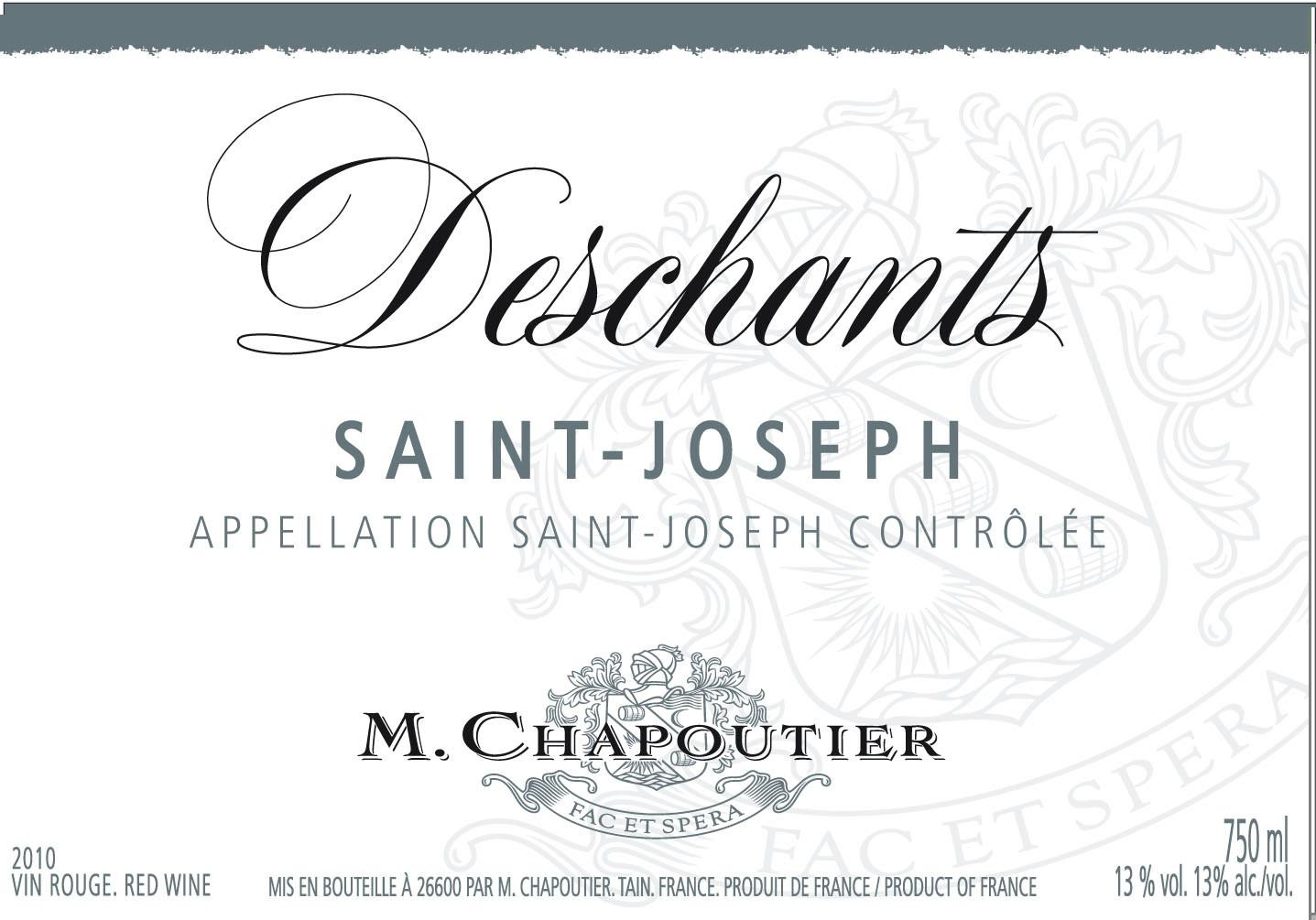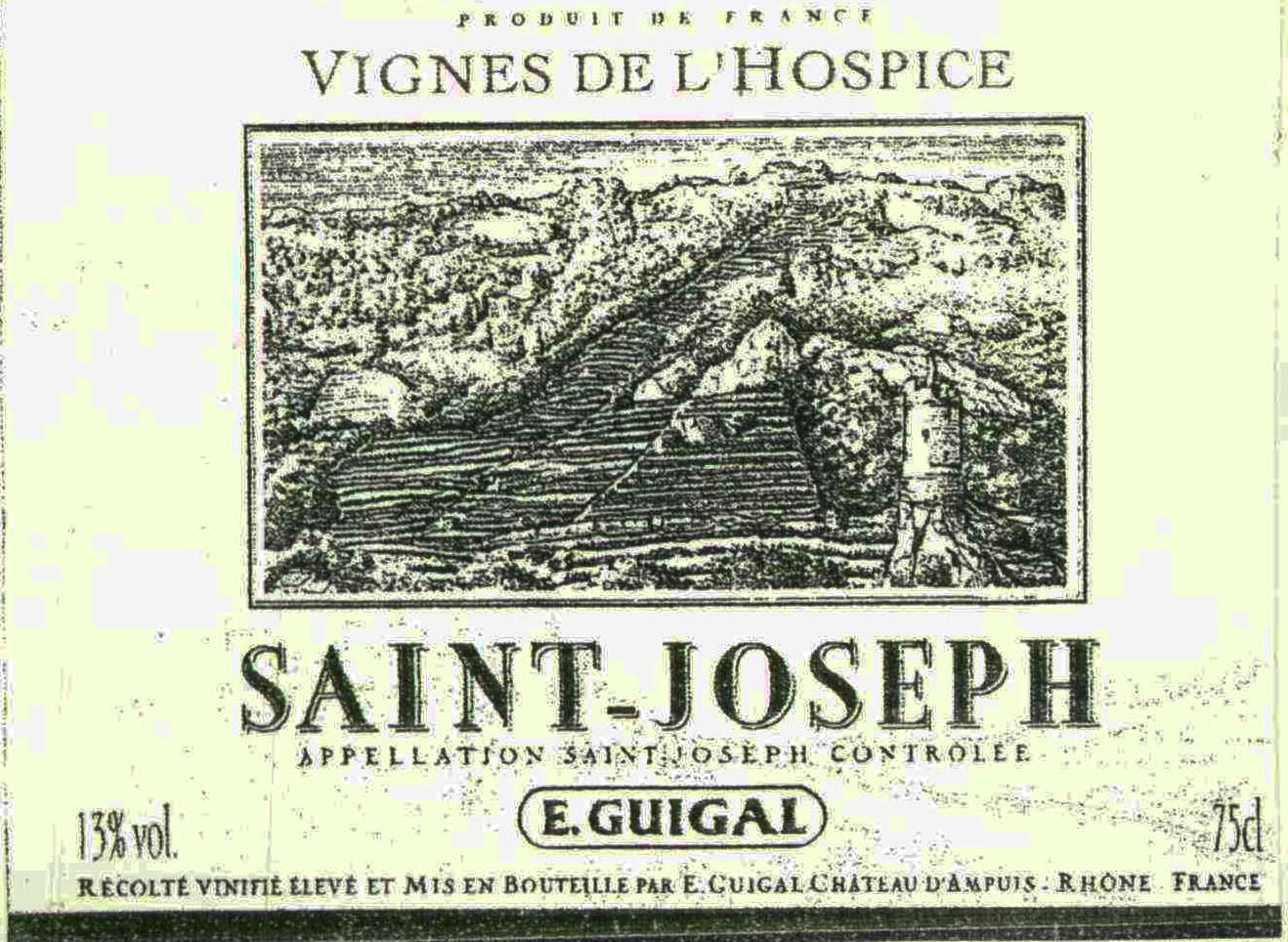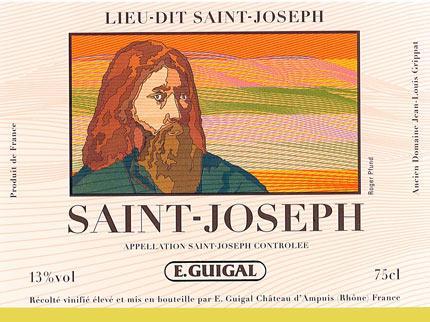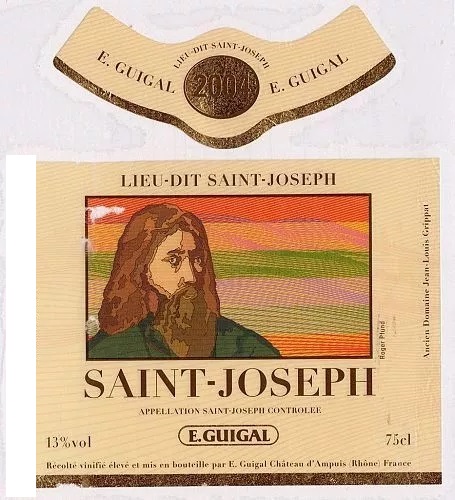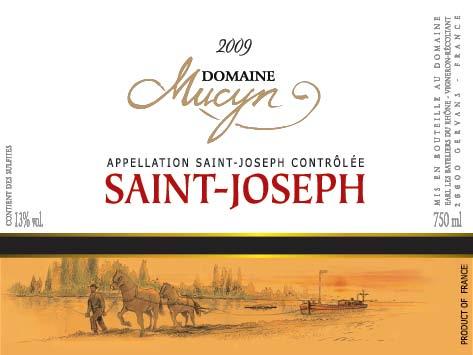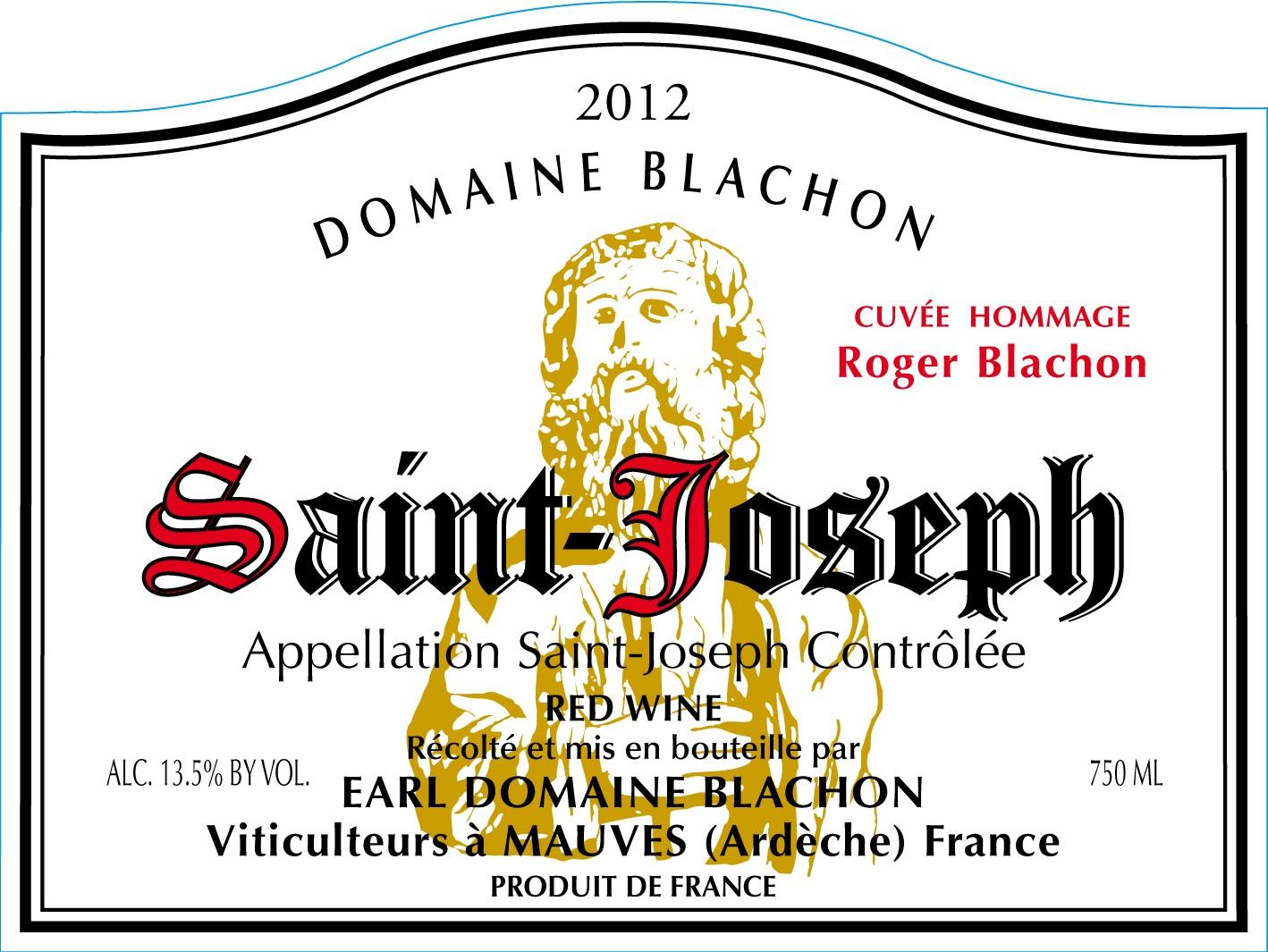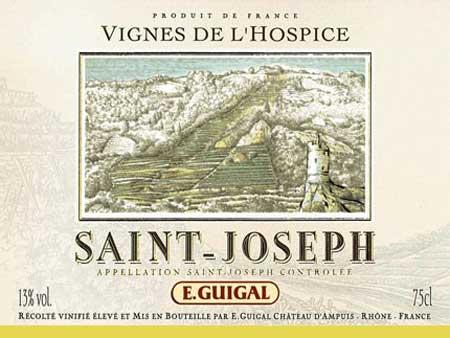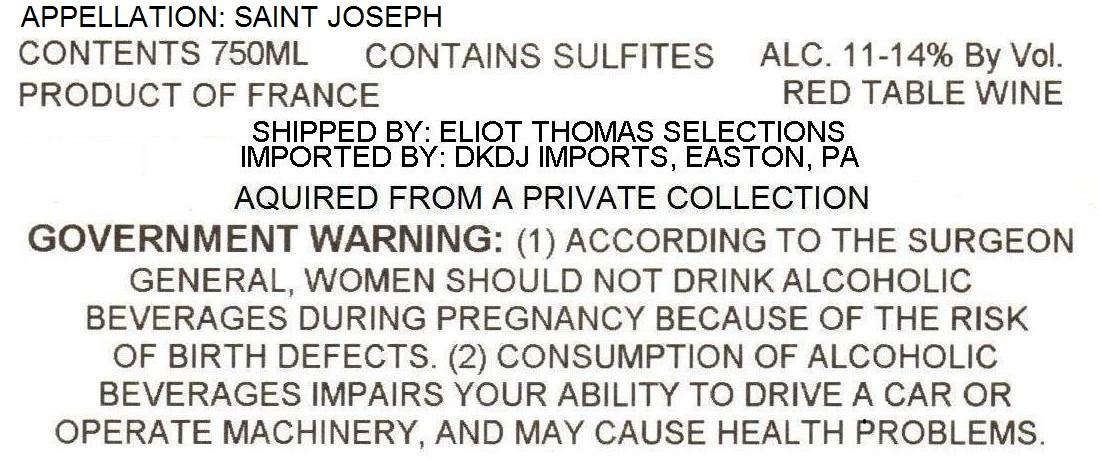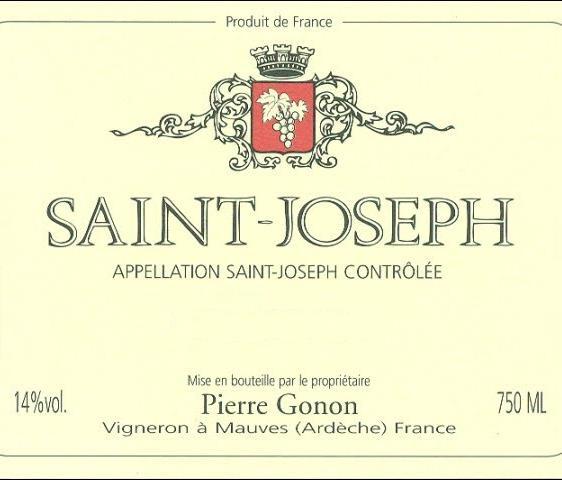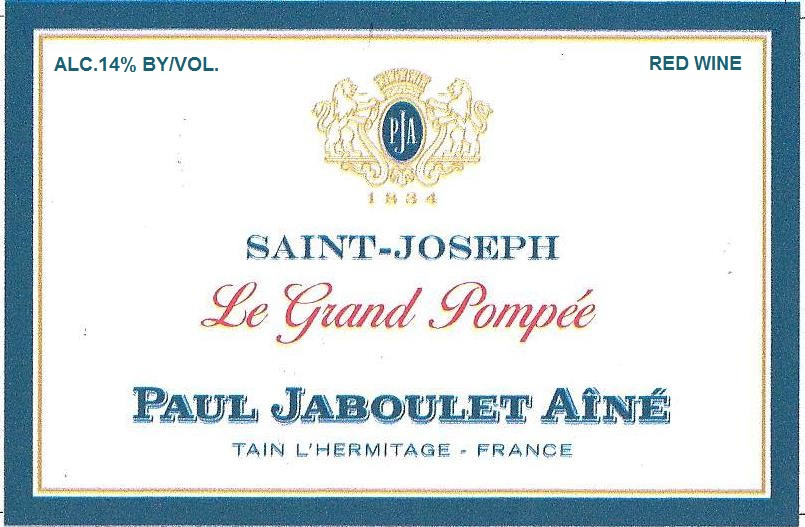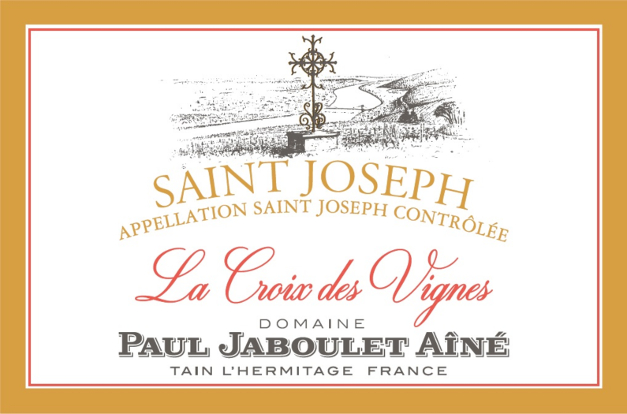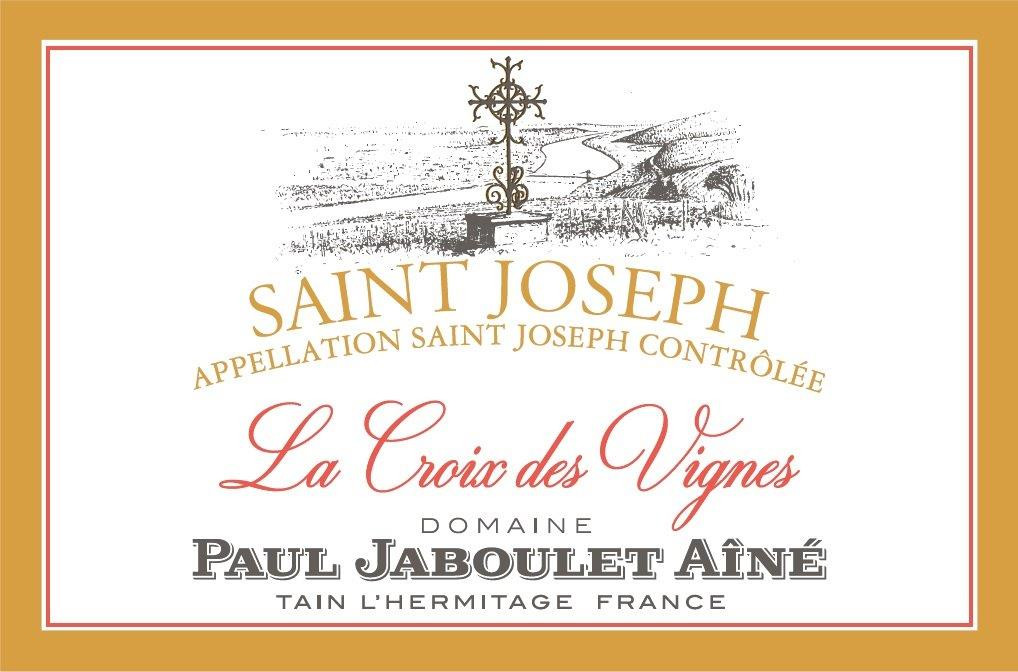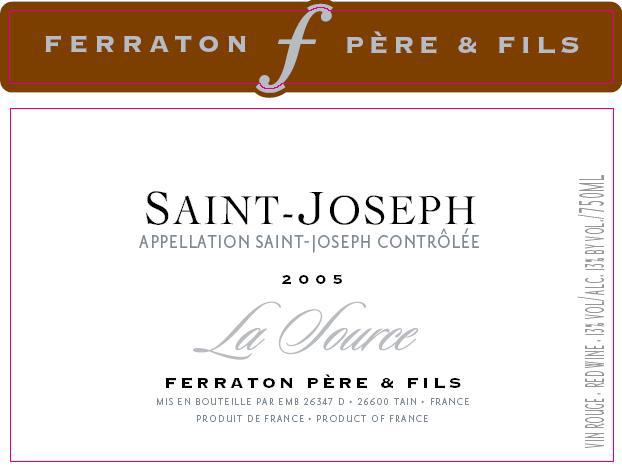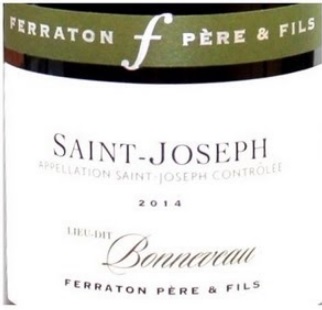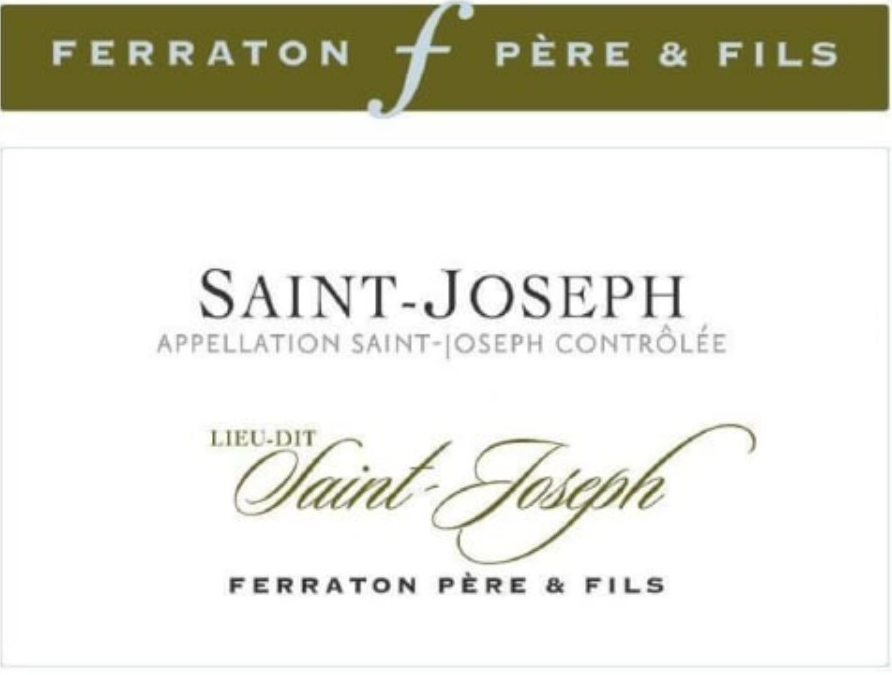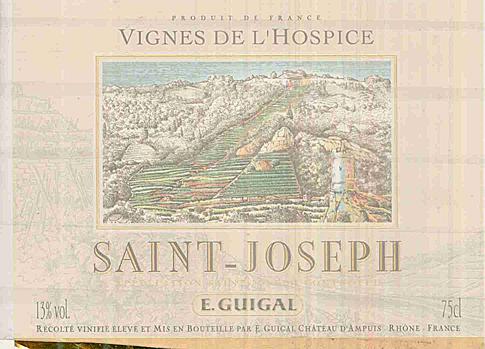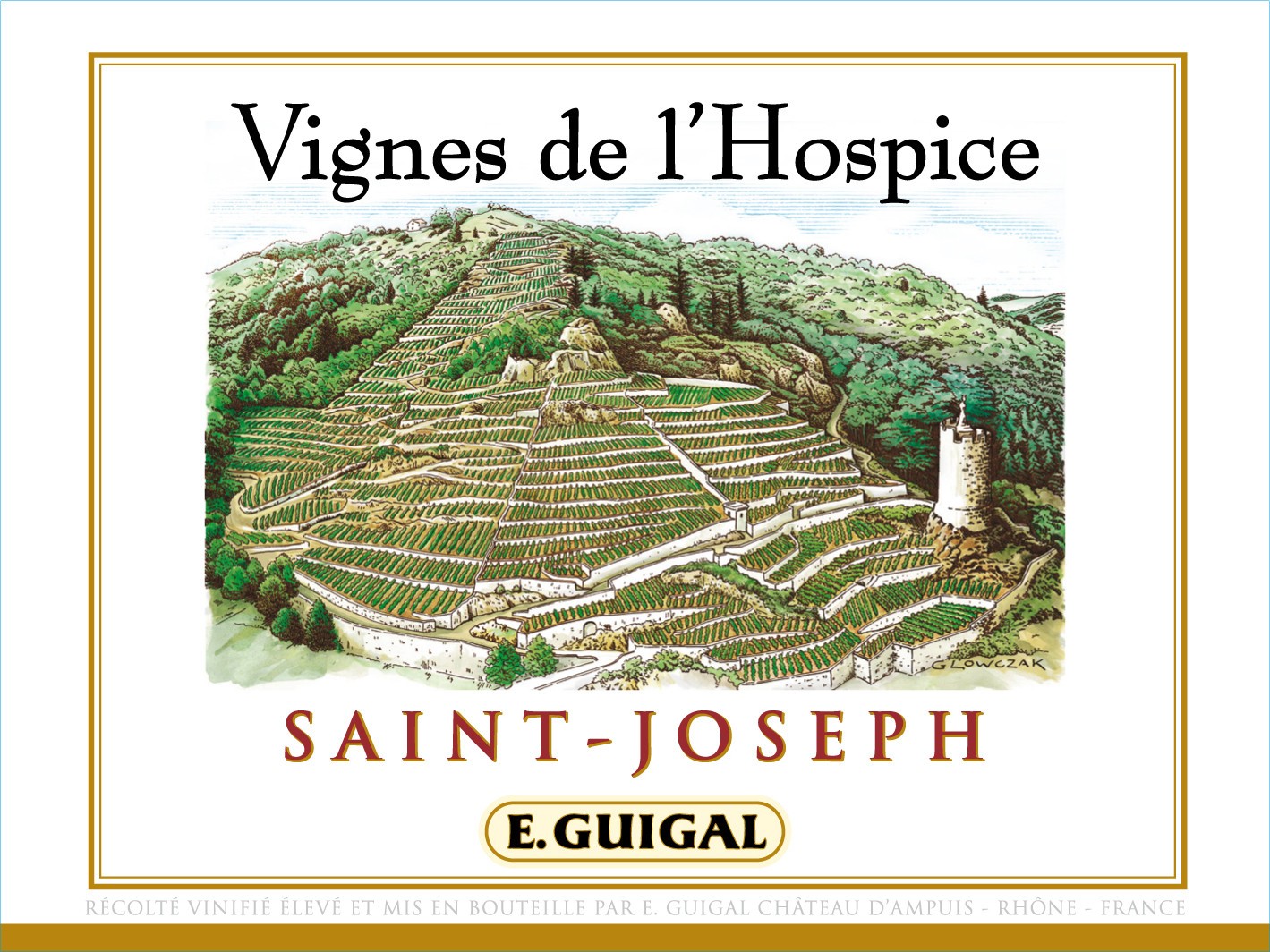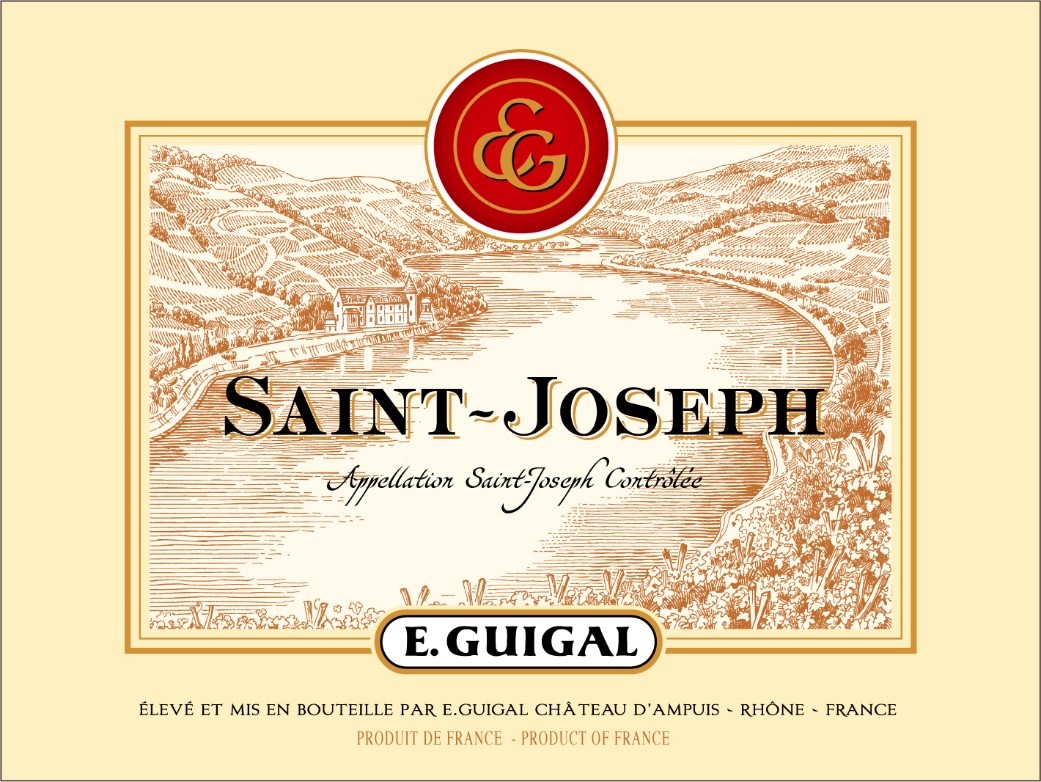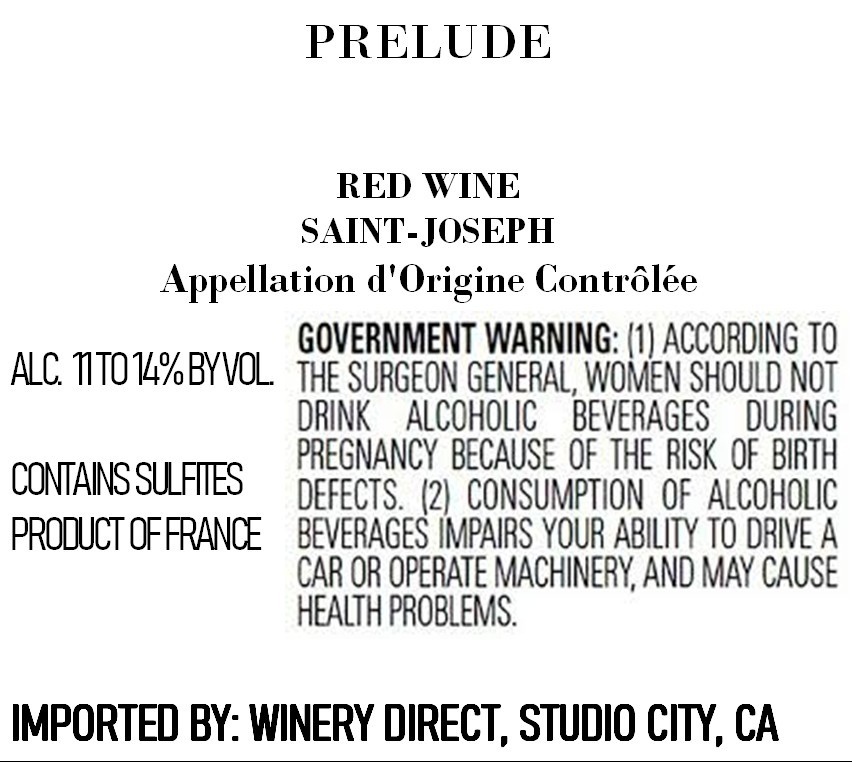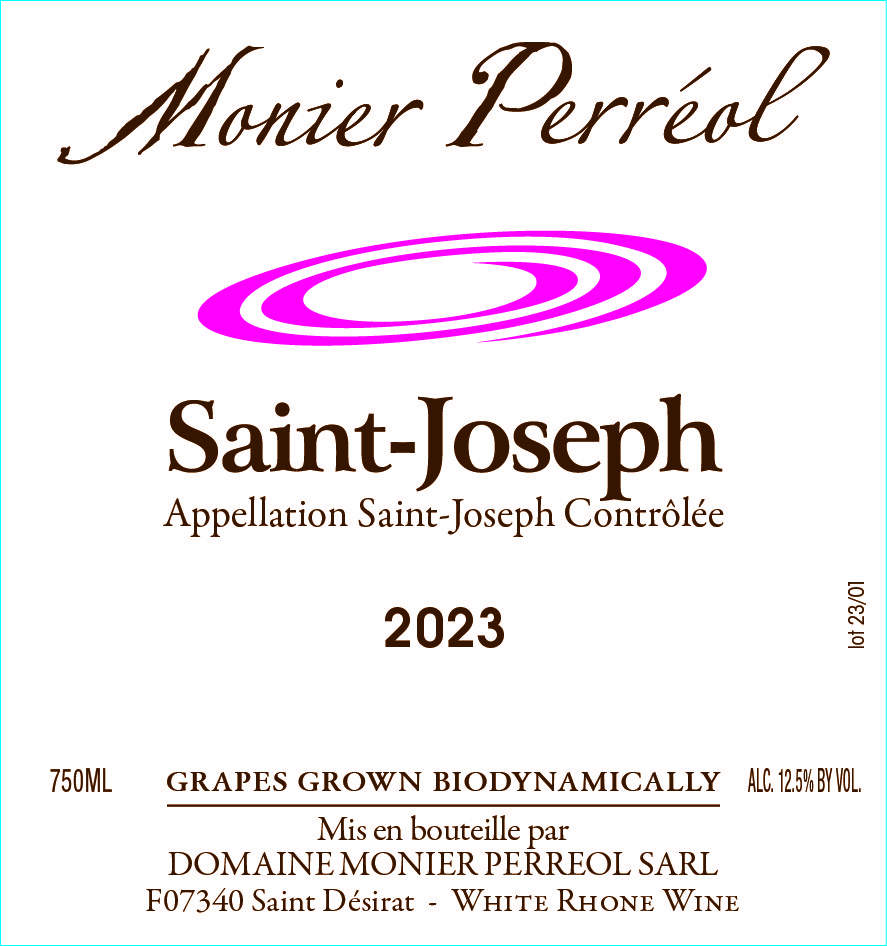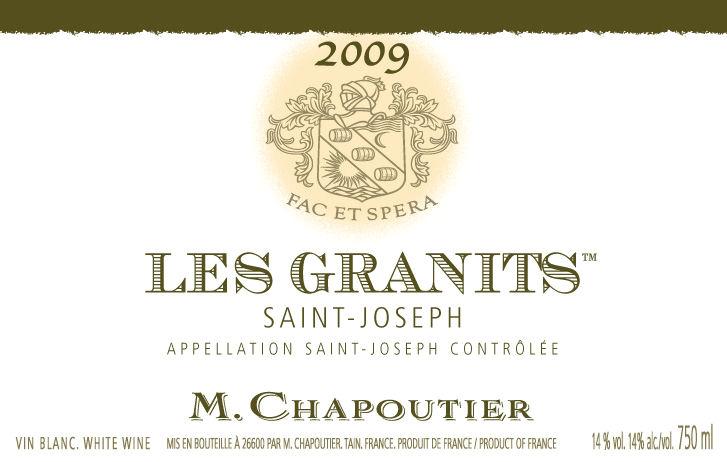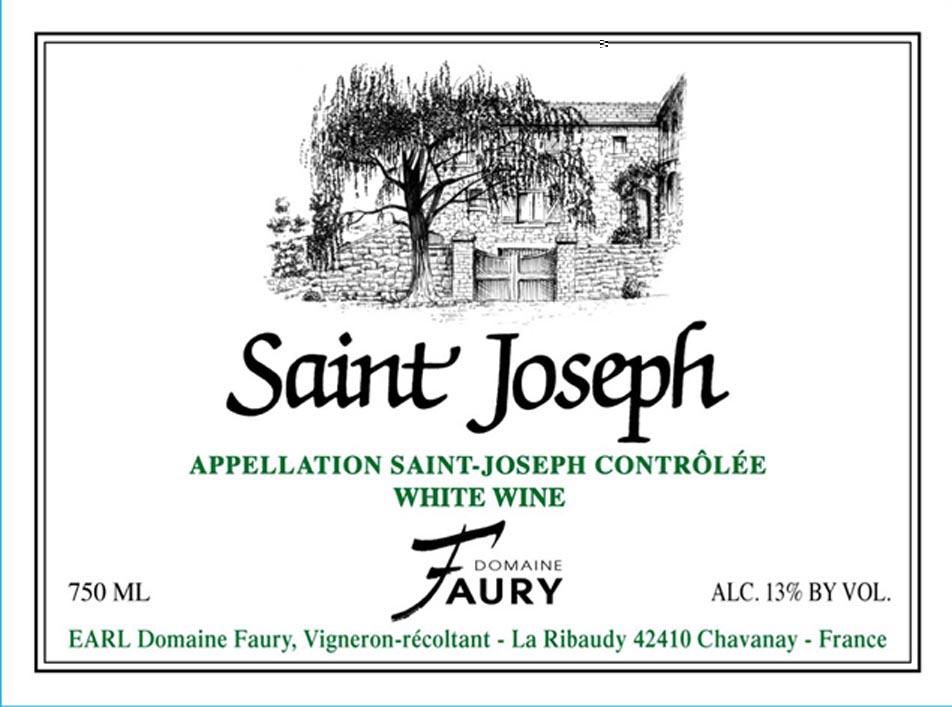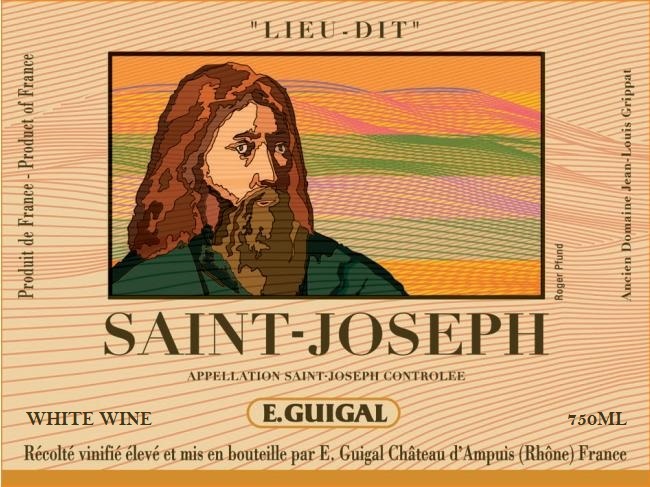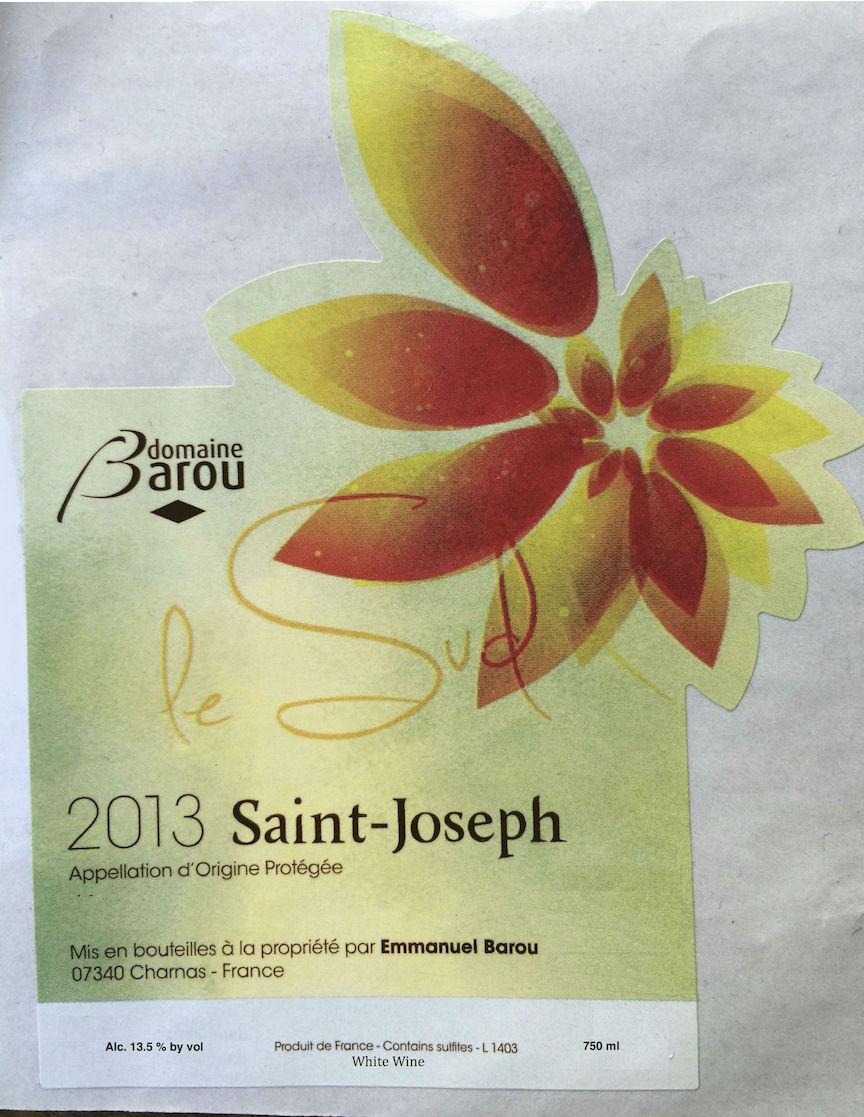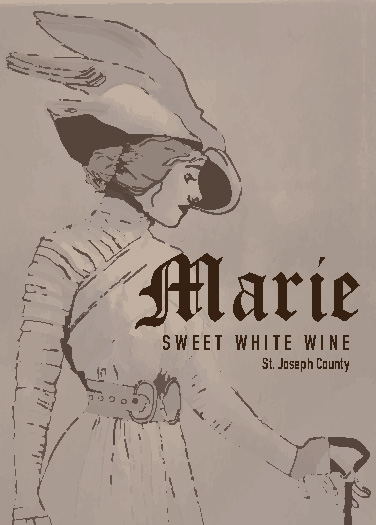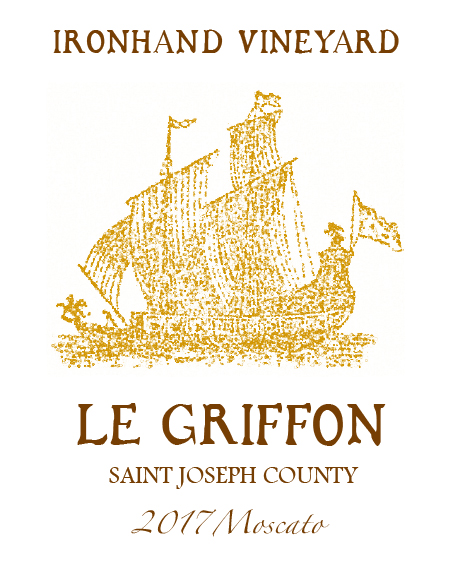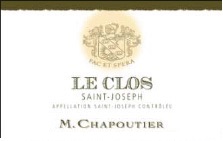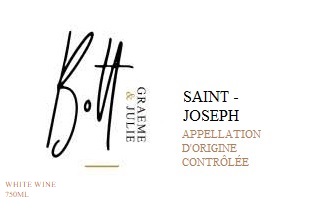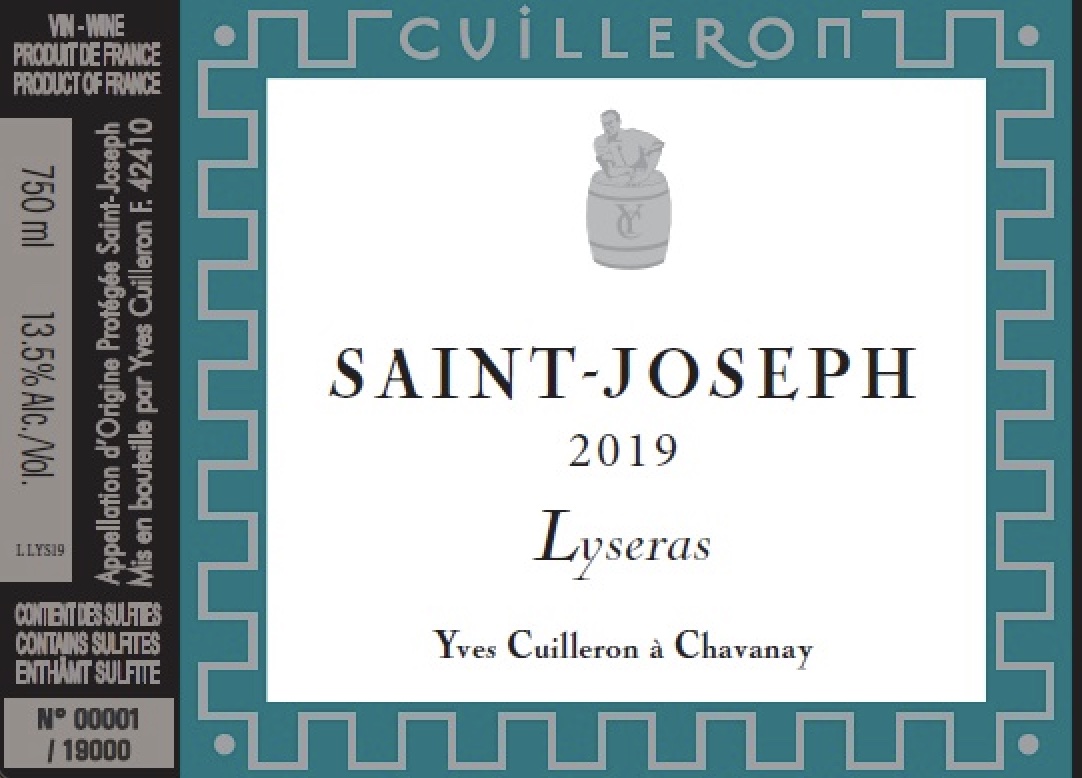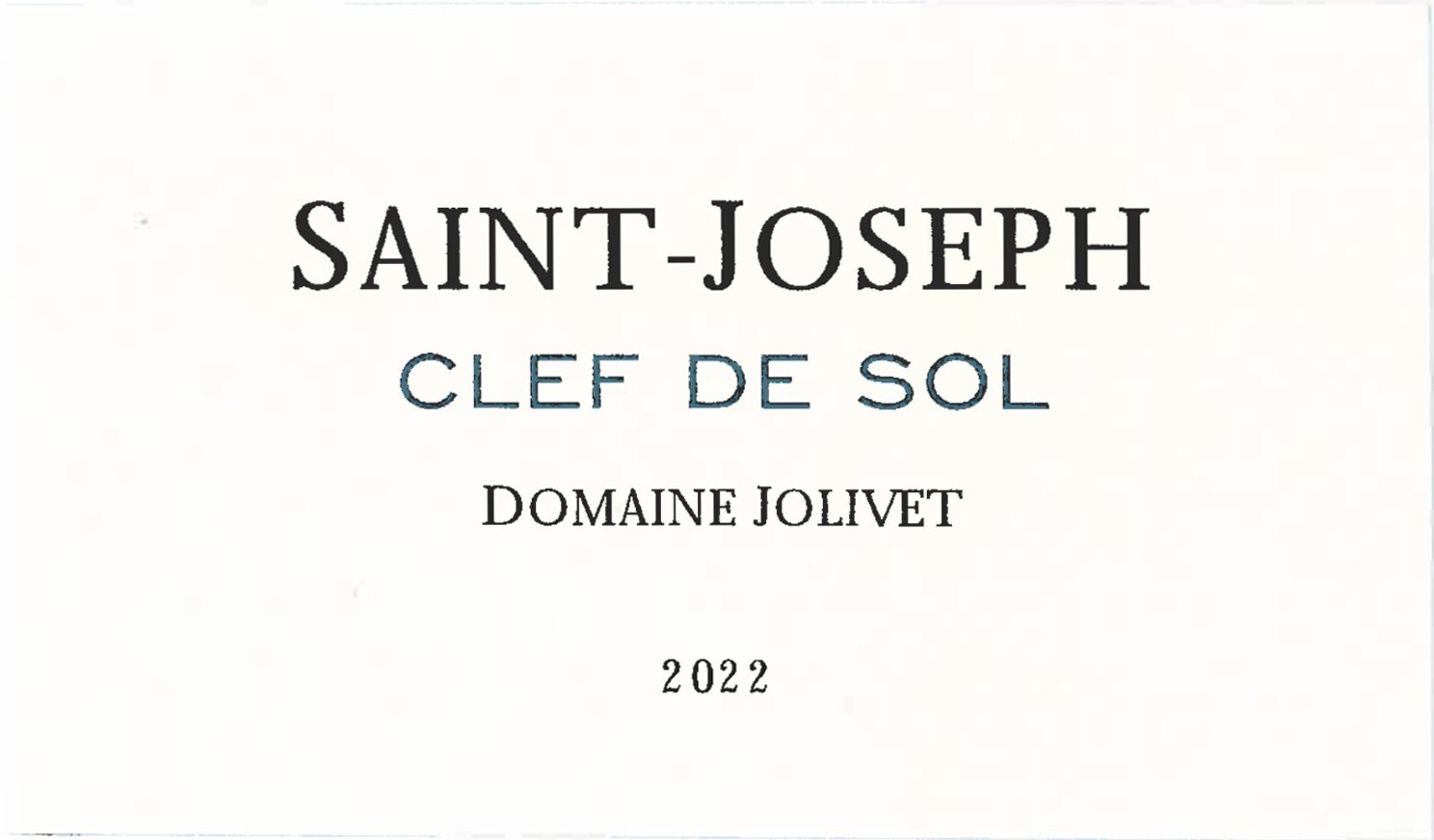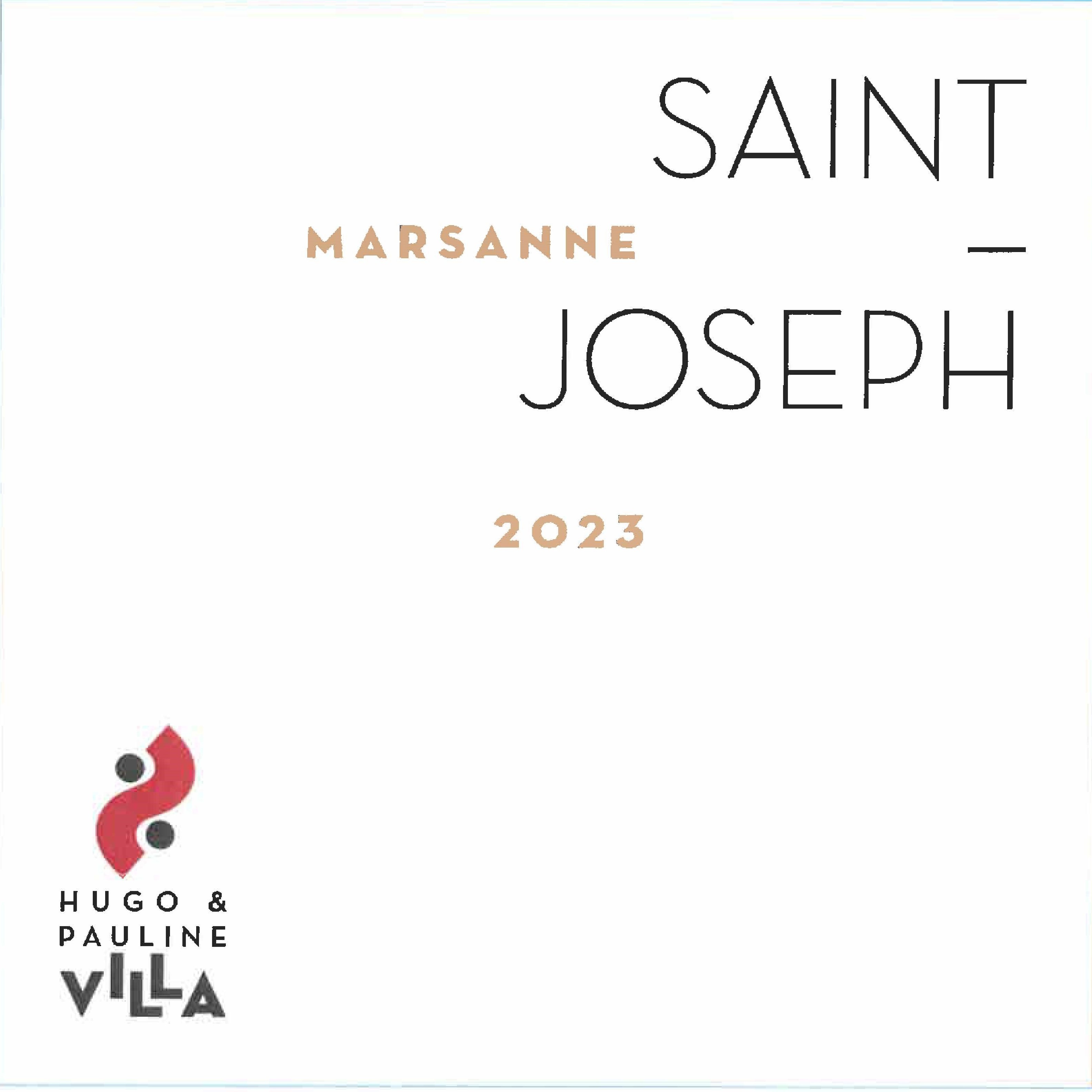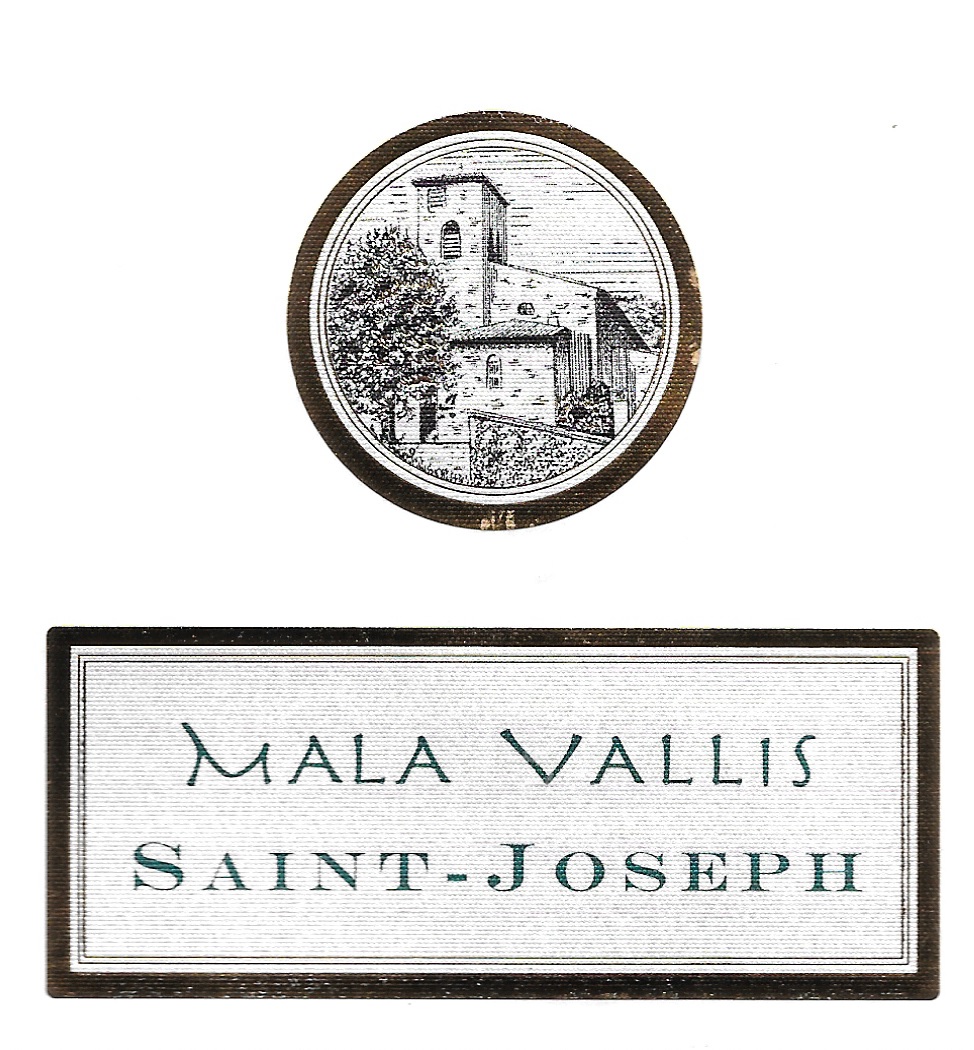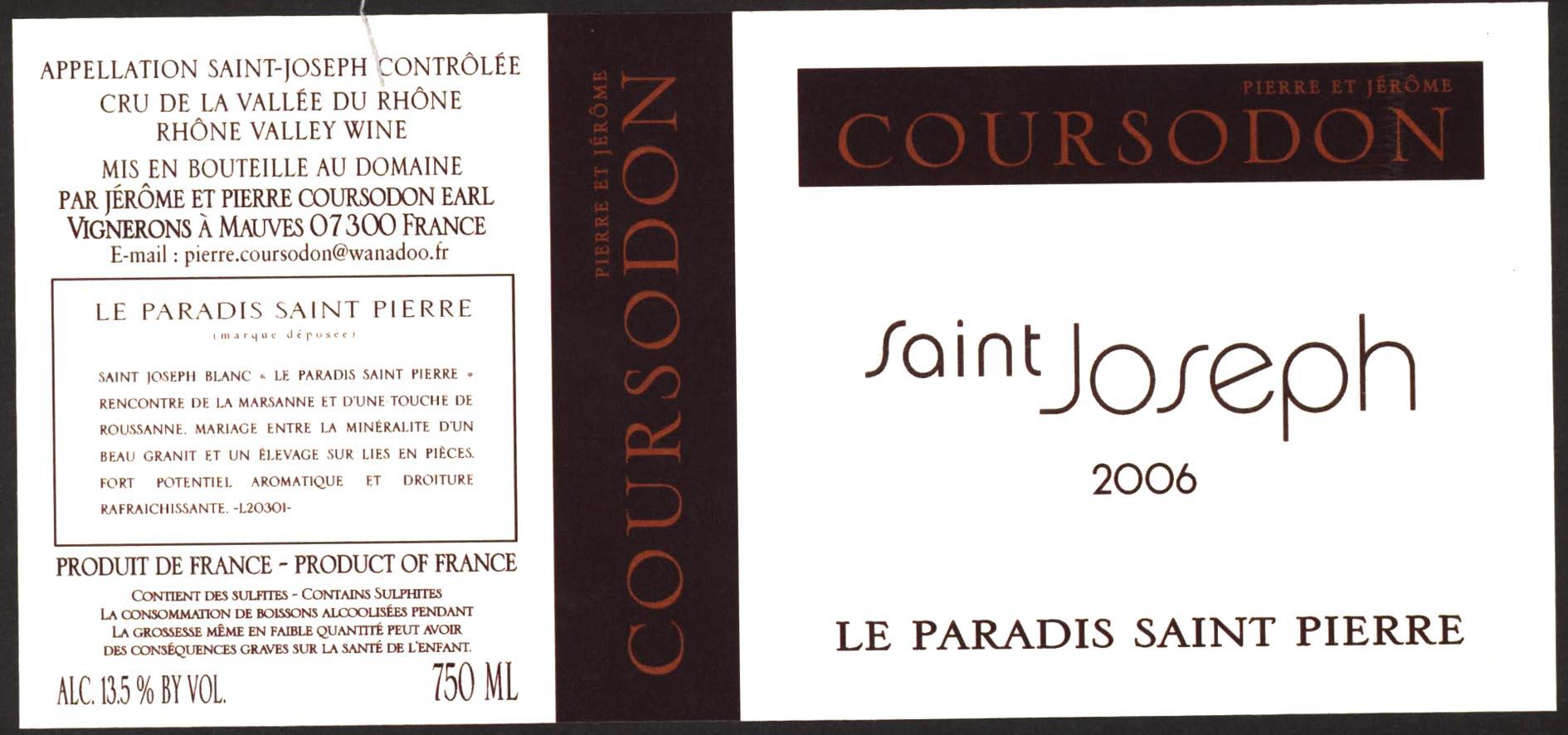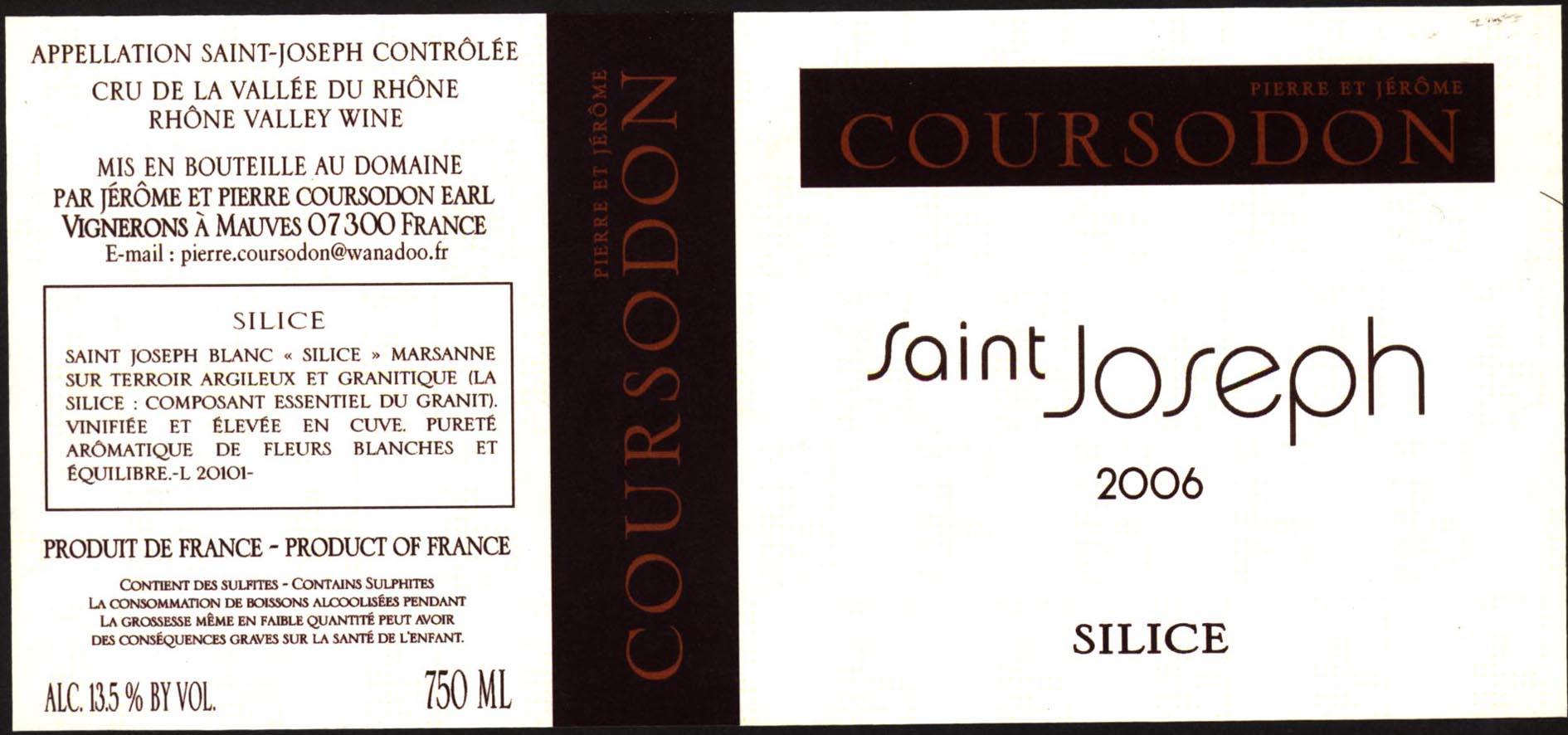Terroir of Saint-Joseph
The terroir of Saint-Joseph boasts diverse soils and a dynamic climate. The region's northern parts are rich in ancient granite, gneiss, and mica-schist, giving the wines spicy, mineral-rich flavors. Elsewhere, clay-limestone and old alluvial sands create wines with a softer texture, aided by excellent drainage.
The semi-continental climate, with Mediterranean influences, features cold winters and warm to hot summers. Plenty of sunshine during the growing season is balanced by cool nights, keeping the wines fresh. Vineyards, situated between 150 and 400 meters above sea level, benefit from north-south valley winds like the mistral, which help reduce disease. However, spring frosts and summer hail can occasionally pose challenges.
Steep, terraced slopes, especially around Tournon-sur-Rhône, have east or southeast orientations that capture soft morning sunlight, producing elegant, aromatic wines, while west-facing sites yield more robust styles.
Notable Wineries in Saint-Joseph
Saint-Joseph, nestled along the Rhône River, is home to several notable wineries that showcase the region's rich viticultural heritage. Among the leading estates, Jean-Louis Chave stands out with wines like Clos Florentin and J.L. Chave Sélection “Offerus.” E. Guigal offers celebrated selections such as “Lieu-Dit,” while M. Chapoutier's “Les Granits” from biodynamic vineyards sets a high standard.
- Domaine Pierre Gonon: Located in Mauves, this estate is praised for wines that mirror their unique sites.
- Domaine Yves Cuilleron: Based in Vion, known for meticulous farming that enhances wine quality.
- Domaine Bernard Gripa: Situated in Glun, it receives acclaim for its dedication to traditional practices.
The Cave de Tain cooperative in Tain-l’Hermitage offers a gateway to Saint-Joseph wines, providing both approachable and refined options that capture the classic style of the appellation.
Sustainable Winemaking in Saint-Joseph
In the Rhône Valley's Saint-Joseph, sustainability is becoming a cornerstone of winemaking. Producers are increasingly adopting organic and biodynamic farming techniques, striving for certifications like AB, Terra Vitis, or HVE to reduce chemical use. They often use hand cultivation under the vines, plant cover crops, and minimize herbicides to protect the land's biodiversity.
In the winery, innovative approaches include gravity-flow systems, solar panels, and water recycling, all aimed at reducing environmental impact. Local cooperatives are also implementing energy-saving practices, aligning with the broader push for sustainability in the region. These efforts ensure that Saint-Joseph not only maintains its rich viticultural heritage but also steps confidently towards a greener future.
Wine Tourism in Saint-Joseph
Saint-Joseph, nestled along the Rhône River, offers a rich tapestry of wine tourism experiences. Visitors can enjoy wine tastings in charming villages such as Mauves, Vion, and Tournon, where domaines open their cellars for exploration, often with breathtaking views. Scenic wine routes connect Saint-Joseph to nearby appellations like Condrieu and Côte-Rôtie, ideal for leisurely drives or bike rides through picturesque vineyards. The region also hosts vibrant festivals and events, providing cultural touchpoints to complement wine experiences.
The area's terroir, with its diverse soils and favorable climate, contributes to the distinctive character of Saint-Joseph wines. Notable wineries like Jean-Louis Chave and Domaine Pierre Gonon showcase this heritage. Sustainability is prioritized, with many producers embracing organic practices and reducing environmental impact. Saint-Joseph's commitment to tradition and innovation makes it a compelling destination for wine enthusiasts.



